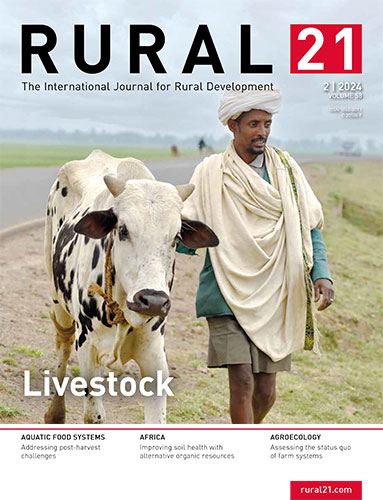- Share this article
- Subscribe to our newsletter
UN Pact for the Future
On the 22nd September 2024, UN member states adopted a Pact for the Future at the United Nations Future Summit in New York/USA which includes a Global Digital Compact and a Declaration on Future Generations.
This pact is the culmination of a comprehensive, year-long process to adapt international cooperation to the realities of today and the challenges of tomorrow. The Pact is the most comprehensive international agreement in many years, covering entirely new areas as well as issues that have not been agreed for decades, and is designed above all to ensure that international institutions can fulfil their missions in a world that has changed dramatically since their inception.
The pact covers a wide range of issues, including peace and security, sustainable development, climate change, digital cooperation, human rights, gender equality, youth and future generations, and the transformation of global governance.
The pact emphasises the urgent need to advance the Sustainable Development Goals (SDGs), particularly in areas such as poverty reduction, food security, climate action and sustainable agriculture.
Another key concern of the pact is the reform of global financial institutions in order to give developing countries better access to financial resources. This particularly affects rural areas, which often have difficulties in obtaining funding for infrastructure, agriculture and climate adaptation measures.
The Director-General of the Food and Agriculture Organization of the United Nations (FAO), QU Dongyu, has welcomed the adoption of the Pact for the Future. “We are not on track to achieving any of the global SDG targets, and we see that huge inequalities persist along various dimensions – including wealth, gender, rural areas, and in accessing assets and opportunities,” he said. “The future will be determined by more equitable agrifood systems, and I am pleased that this is recognised by the Pact for the Future.”
Climate change and its impact on rural communities are at the centre of the pact. It calls for renewed efforts to make rural regions more resilient to extreme weather events while promoting sustainable agricultural practices.
The Global Digital Compact aims to bridge the digital divide and ensure that technological advances such as artificial intelligence also benefit rural regions by improving access to education, agricultural innovation and market access.
“In a difficult global situation, the pact for the future gives hope for multilateralism. We can use this momentum to develop concrete answers to future issues with new alliances,” said German Development Minister Svenja Schulze.
The countries that have not signed are Russia, Belarus, North Korea, Iran, Nicaragua and Syria.
Ines Lechner, editor Rural 21
More information:




Add a comment
Be the First to Comment